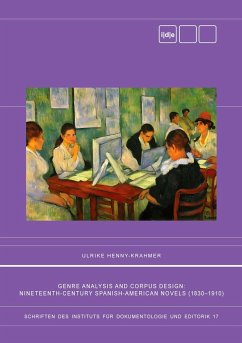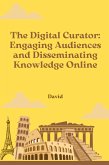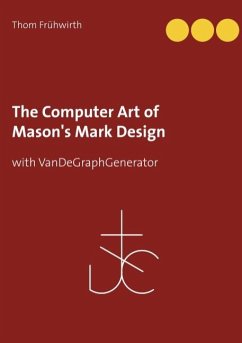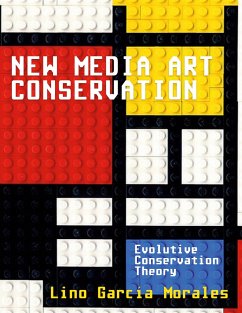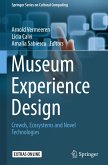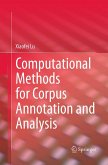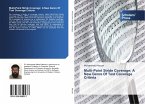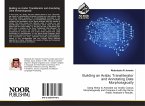This work in the field of digital literary stylistics and computational literary studies is concerned with theoretical concerns of literary genre, with the design of a corpus of nineteenth-century Spanish-American novels, and with its empirical analysis in terms of subgenres of the novel. The digital text corpus consists of 256 Argentine, Cuban, and Mexican novels from the period between 1830 and 1910. It has been created with the goal to analyze thematic subgenres and literary currents that were represented in numerous novels in the nineteenth century by means of computational text categorization methods. To categorize the texts, statistical classification and a family resemblance analysis relying on network analysis are used with the aim to examine how the subgenres, which are understood as communicative, conventional phenomena, can be captured on the stylistic, textual level of the novels that participate in them.
Bitte wählen Sie Ihr Anliegen aus.
Rechnungen
Retourenschein anfordern
Bestellstatus
Storno

